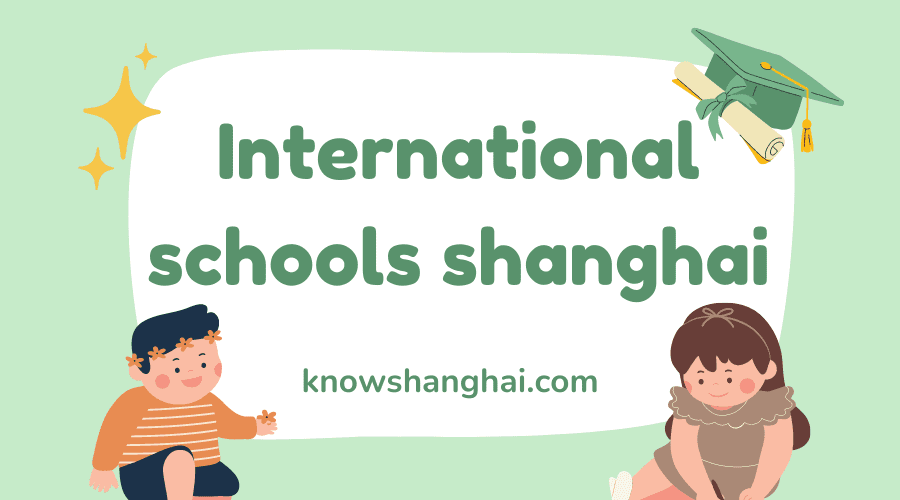Child care in China has been a topic of concern as the country has undergone significant economic and social changes over the past few decades. Historically, child care was primarily the responsibility of families, and grandparents played a significant role in caring for their grandchildren.
However, as more parents have entered the workforce and migrated to urban areas, there has been a growing demand for formal childcare services. The Chinese government has recognized this need and has implemented policies to support the development of childcare services.
In recent years, there has been a significant increase in the number of childcare facilities, including nurseries, kindergartens, and daycare centers. These facilities are typically run by the government or private entities and are subject to regulations and standards set by the government.
Despite these efforts, childcare services in China still face a number of challenges, including a shortage of qualified caregivers, limited availability of services in rural areas, and high costs for families. Additionally, there have been reports of abuse and neglect in some childcare facilities, highlighting the need for continued improvements in quality and oversight.
Overall, while progress has been made in expanding access to child care in China, there is still work to be done to ensure that all families have access to safe, high-quality childcare services.
Does China have child care?
Yes, China has childcare services available to families. Childcare services in China vary depending on the region, as each province has its own regulations and standards.
In urban areas, there are often government-run childcare centers, private kindergartens, and nanny agencies. In rural areas, childcare services may be less available or less regulated.
The Chinese government has been increasing its investment in childcare services in recent years, with a focus on expanding access to affordable and high-quality care. In 2019, for example, the Chinese government announced a plan to add 2.6 million childcare slots in urban areas by the end of 2020.
However, despite these efforts, there are still challenges in providing access to childcare services in China, particularly in rural areas and for low-income families.
1. Pre-school education

It is important to note that the Chinese education system places a strong emphasis on academic achievement and testing. This means that even in preschool, there may be pressure for children to perform well academically. Some parents may choose to hire private tutors or enroll their children in additional after-school classes to help them excel academically.
In primary and secondary school, the curriculum focuses heavily on core subjects such as math, Chinese language, and English. Students are expected to memorize large amounts of information and perform well on exams. There is also a strong emphasis on discipline and obedience, with strict rules and regulations in place.
In recent years, there has been a growing trend towards international education in China, with more parents opting to enroll their children in international schools. These schools offer a more diverse and flexible curriculum, with a focus on critical thinking, creativity, and personal development.
Overall, the Chinese education system offers a wide range of options for parents, from public to private to international schools. However, it is important to carefully consider your child’s needs and preferences, as well as the cultural and academic expectations of the system, before making a decision.
2. Nanny services in China

Nanny services are becoming increasingly popular in China, particularly among families with young children and dual-income households. There are two main types of nanny services available in China: live-in nannies and live-out nannies.
Live-in nannies, also known as “eyes” in Chinese, typically live with the family and provide a range of services, including childcare, cooking, cleaning, and sometimes even running errands. They are often considered part of the family and may work long hours, including weekends and holidays. Live-in nannies are usually hired through referrals from friends or family members, or through agencies that specialize in domestic help.
Live-out nannies, on the other hand, do not live with the family and typically work on a part-time or full-time basis. They may provide childcare services during the day while parents are at work or help with housework and cooking. Live-out nannies can also be hired through referrals or agencies.
Nanny services in China are not regulated, which means that it is up to the family to ensure that they are hiring a qualified and trustworthy caregiver. Some families may choose to conduct background checks or require references before hiring a nanny. It is also important to establish clear expectations and boundaries, including working hours, duties, and compensation.
The cost of nanny services in China can vary widely depending on factors such as experience, qualifications, and location. Live-in nannies are typically paid a monthly salary, while live-out nannies may be paid an hourly rate or a daily rate. In some cases, families may also provide food and accommodations for live-in nannies.
Overall, nanny services can provide a valuable source of support for busy families in China. However, it is important to carefully consider the needs of your family and the qualifications of potential caregivers before hiring a nanny.
Child Day Care:
Child day care in China typically refers to a licensed child care facility where parents can drop off their children during the day while they work or attend to other responsibilities. Child day care services in China vary depending on the region and the type of facility, but some common characteristics include:
1. The Little Urban Center Preschool

Preschools in general are early childhood education programs that typically serve children between the ages of 3 and 5. Preschools focus on providing a safe and nurturing environment for children to learn, play, and develop social skills.
Preschools may offer a structured curriculum that includes early childhood education and play-based learning activities, as well as opportunities for socialization and creative expression. Preschools may also offer childcare services for working parents.
It’s important to research preschools thoroughly and visit the facilities before making a decision on which one to enroll your child in. When researching preschools, it can be helpful to consider factors such as location, cost, curriculum, teacher qualifications, and facilities and amenities.
| Established | 2012 |
| Campuses in Shanghai | 2 |
| Grades Offered | Pre-K-Kindergarten |
| Student Age | 2-6 |
The Little Urban Center (Junior Campus) – Bldg 233, 779…
The Little Urban Center (Senior Campus) – Bldg 10, 1000…
2. Little World Day Care & Learning Center

Located on Yongjia Lu, this daycare and learning center caters to children between the ages of 18 months and 4 years. With a low teacher-to-student ratio of 1:5, the center maintains a bilingual environment with both English and Chinese teachers. Moreover, all the furnishings and toys are imported and free of toxins.
The center offers flexible timings with full-day sessions from 8:30 am to 4:30 pm and half-day options. During the summer months from June to August, the center also organizes summer camps for students aged 4-7 in addition to providing daycare services for younger children.
| Grades Offered | Pre-K-Kindergarten |
| Student Age | 18 months to 4 years old |
near Jiashan Lu
Xuhui District
3. Guanhua Kid’s Garden

Guanhua Kid’s Garden is a pre-kindergarten and nursery school that caters to both local and international students between the ages of 10 to 48 months. The school provides children with an opportunity to experience traditional Chinese culture in a historic setting while being free to explore and play in the garden. Each class at the school is taken care of by six trained nursery teachers, including one foreign teacher per class who prepares children for attending international schools across Shanghai.
| Grades Offered | Pre-K-Kindergarten |
| Student Age | 10-48 months |
near Zhenning Lu
Changning District
Final Thoughts
If you are considering enrolling your child in preschool, you will need to choose between public, private, and international kindergartens. Public kindergartens may not be the best fit for ex-pat children due to the specific education system, while private and international kindergartens tend to be more expensive. It is also common practice to visit the potential preschool facility, talk with the teachers, and attend classes before signing up for your child.
In primary and secondary school, the curriculum focuses heavily on academic achievement and testing, with a strong emphasis on core subjects such as math, Chinese language, and English. Students are expected to memorize large amounts of information and perform well on exams. Some parents may choose to hire private tutors or enroll their children in additional after-school classes to help them excel academically.
When it comes to nanny services, families can choose between live-in or live-out nannies. However, it is important to ensure that the caregiver is qualified and trustworthy, as nanny services in China are not regulated.
Overall, childcare options in China offer a wide range of choices for parents. It is important to carefully consider your child’s needs, cultural and academic expectations, and the qualifications of potential caregivers before making a decision.






